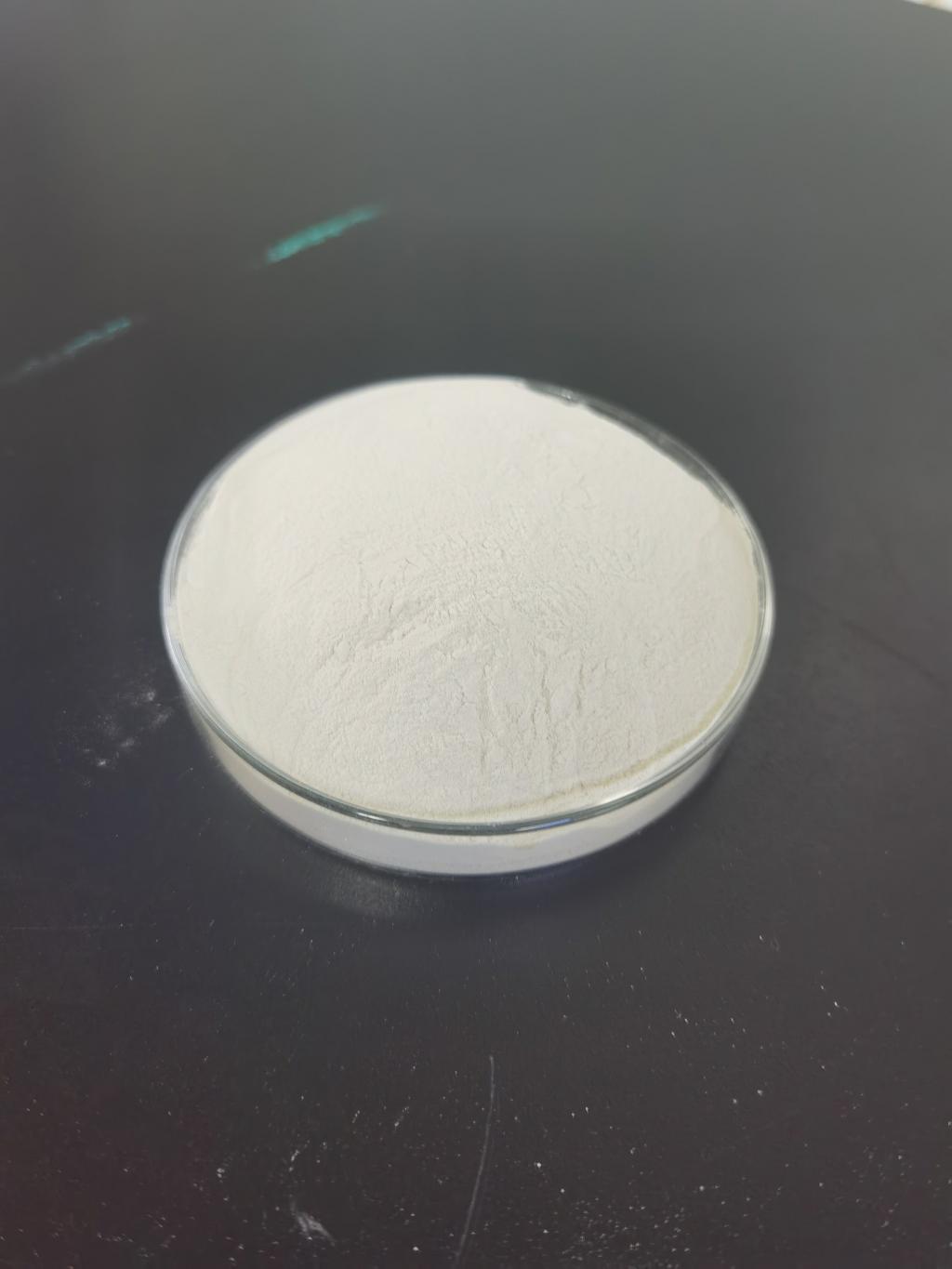Tel:+8618231198596

News
 CONTACT
CONTACT
 CONTACT
CONTACT
- Linkman:Linda Yao
- Tel: +8618231198596
- Email:linda.yao@dcpharma.cn
- Linkman:CHARLES.WANG
- Department:Overseas
- Tel: 0086 0311-85537378 0086 0311-85539701
News
Are there any studies evaluating the potential use of Nisin in medical or healthcare settings?
TIME:2023-05-25
Introduction
Nisin is a bacteriocin produced by certain strains of the lactic acid bacteria Lactococcus lactis. It has a long history of use as a safe and effective food preservative due to its ability to inhibit the growth of various foodborne pathogens. However, recent research has shown that nisin's antimicrobial properties extend beyond the food industry, making it a promising candidate for medical and healthcare applications.
Antimicrobial Activity
Numerous studies have demonstrated the potent antimicrobial activity of nisin against a wide range of bacteria, including both Gram-positive and Gram-negative species. It has been particularly effective against multidrug-resistant strains such as methicillin-resistant Staphylococcus aureus (MRSA) and vancomycin-resistant Enterococcus (VRE). The unique mode of action of nisin, which disrupts bacterial cell membranes, makes it difficult for bacteria to develop resistance, further enhancing its potential as an antimicrobial agent.
Therapeutic Properties
In addition to its antimicrobial activity, nisin has shown promising therapeutic properties in various medical conditions. Research has indicated its potential as an anticancer agent, as it has demonstrated selective cytotoxicity against cancer cells while sparing healthy cells. Nisin has also exhibited immunomodulatory effects by stimulating the immune system and promoting wound healing. Furthermore, studies have suggested its potential in combating biofilm-associated infections, which are notoriously difficult to treat.
Applications in Medical Devices
Nisin's antimicrobial properties have led to investigations into its potential use in medical device coatings. Medical device-associated infections pose a significant challenge in healthcare settings, and the development of antimicrobial coatings could help reduce the risk of infection. Preliminary studies have shown that nisin-coated surfaces can effectively inhibit bacterial growth and prevent biofilm formation on various medical devices, including catheters and implants.
Safety and Regulatory Considerations
Safety is a crucial factor when considering the use of any compound in medical settings. Fortunately, nisin has been extensively studied and has been generally recognized as safe for human consumption. It has been approved for use in many countries as a food preservative, which provides a foundation for its potential use in medical and healthcare applications. However, further research is necessary to fully understand its safety profile and any potential adverse effects.
Challenges and Future Directions
While the potential of nisin in medical and healthcare settings is promising, there are several challenges that need to be addressed. Optimizing delivery systems to ensure effective and controlled release of nisin, elucidating the mechanisms of action in different medical conditions, and conducting large-scale clinical trials are some of the key areas that require further investigation. Additionally, regulatory pathways need to be established to facilitate the development and approval of nisin-based medical products.
Conclusion
Nisin, with its potent antimicrobial activity, therapeutic properties, and potential applications in medical devices, holds significant promise for medical and healthcare settings. However, further research is needed to fully explore its efficacy, safety, and regulatory considerations. If successful, the integration of nisin into medical practices could offer new solutions for combating antimicrobial resistance, preventing infections, and improving patient outcomes.
In conclusion, the use of nisin in medical and healthcare settings is an exciting area of research, offering potential benefits in the fight against microbial infections. Continued studies and development are necessary to unlock the full potential of nisin and pave the way for its application in various medical contexts.
- Tel:+8618231198596
- Whatsapp:18231198596
- Chat With Skype







